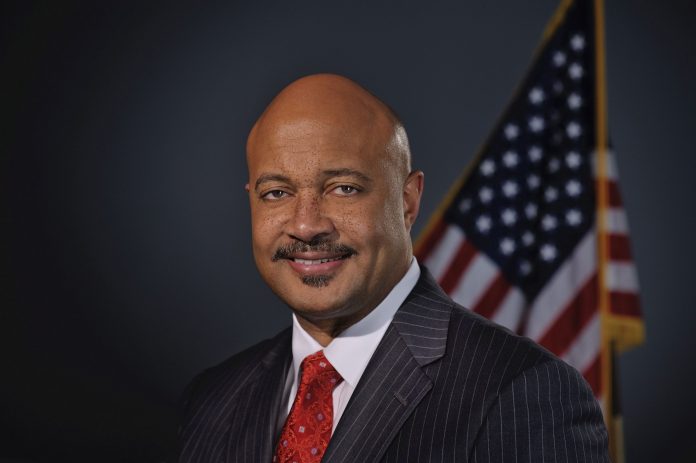Attorney General Curtis Hill has asked the Indiana Supreme Court to provide greater clarity to trial courts regarding their discretion in deciding whether to grant pretrial release to defendants and at what levels to set bail.
Specifically, Attorney General Hill asked for a review of a Jefferson County case involving a man accused of four felonies in connection with the physical abuse and neglect of his girlfriend’s 2-year-old son resulting in extensive head, neck, and body injuries.
The trial court in that case set bail and denied a subsequent request for a bail reduction, citing the lengthy sentence faced by the defendant and his risk to the safety of the victim and community. The Indiana Court of Appeals reversed, judging the trial court was prohibited from considering the child victim’s injuries, the defendant’s alleged conduct, and the possible sentence if the defendant is ultimately found guilty. The appellate court’s decision took too narrow a view of state law, Attorney General Hill said.
The updated Indiana Criminal Rule 26, which went into effect this year, requires authorities to conduct an evidence-based assessment of inmates awaiting trial — in addition to considering all other relevant evidence — to determine whether they pose flight risks or dangers to themselves or others. The rule states that if inmates do not substantially present such risks, the trial court, except in certain prescribed situations, “should release the arrestee without money bail or surety subject to such restrictions and conditions as determined by the court.â€
When properly understood, this law permits trial courts to consider the entirety of evidence brought before them, Attorney General Hill said. In this case, for example, the defendant allegedly lied to police by claiming the injuries to the child resulted from accidents that medical professionals determined could not have caused them.
“A judge can consider all kinds of evidence,†Attorney General Hill said, “including the facts of the alleged crime and details from the investigation. Beyond settling this immediate case, the Indiana Supreme Court has the opportunity here to provide clarification and guidance to all defendants, judges and prosecutors about the proper interpretation of Criminal Rule 26.â€
Attached is the state’s petition in this case and a friend-of-the-court brief filed by the Indiana Prosecuting Attorneys Council in John Yeager v. State of Indiana.





